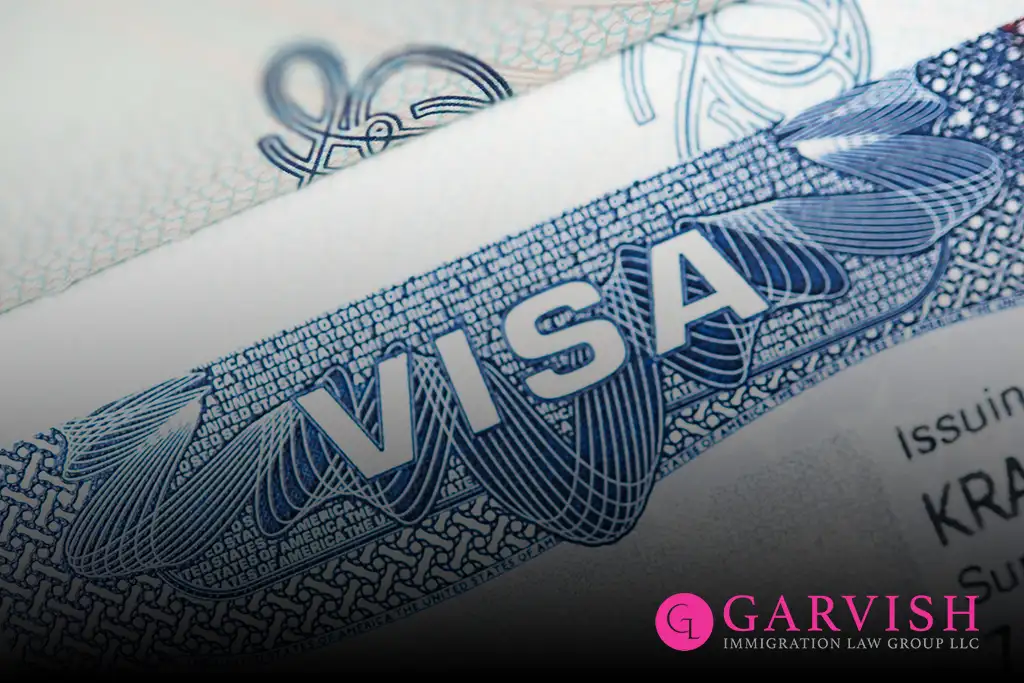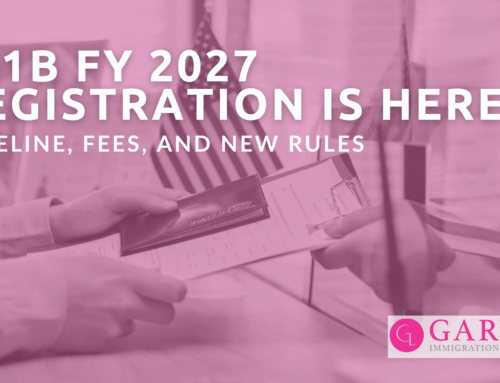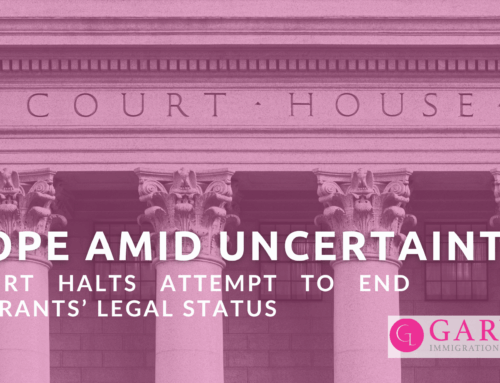The J-1 visa program offers U.S. employers a unique opportunity to tap into a global talent pool by bringing skilled professionals, interns, trainees, and scholars from around the world. This program helps companies address skill shortages, foster innovation, and benefit from diverse perspectives, all while strengthening their position in global markets. Hosting J-1 visa participants not only enriches the U.S. workforce but also provides businesses with valuable international experience that can contribute to long-term growth and competitiveness.
To navigate the complexities of the J-1 visa process, it’s crucial for employers to partner with a certified J-1 visa sponsor. Sponsors assist with the application process, ensuring that all required documentation is correctly completed and submitted, and provide ongoing compliance support throughout the program. However, in addition to a sponsor, having an immigration attorney on your team can be an essential step to ensure the process runs smoothly and to address any legal concerns that may arise. Immigration attorneys can offer specialized expertise on visa regulations, labor laws, and the nuances of the J-1 visa program, helping employers avoid potential legal pitfalls and ensuring that the entire process is handled in full compliance with U.S. immigration policies.
For employers, hosting J-1 visa participants presents a range of benefits. It provides access to skilled talent in fields like research, education, and technology, while also contributing to a broader cultural exchange. The J-1 visa program allows businesses to bring in fresh ideas and perspectives, which can be invaluable for innovation and adapting to global trends.
To ensure a successful experience for both the company and the participants, employers should consider a few best practices. Creating a welcoming environment, offering opportunities for cultural exchange, and setting clear expectations are essential for fostering a positive and productive experience. Facilitating social integration and providing professional development opportunities can also enhance the overall experience.
While hosting J-1 visa participants may present challenges, such as cultural misunderstandings or differences in work styles, these can be effectively managed with open communication, cultural sensitivity, and a strong support system. Clear guidelines and regular check-ins help ensure smooth integration into your team. Additionally, an immigration attorney can help employers stay updated on any changes to visa regulations or ensure that the employer is meeting all required legal obligations throughout the participant’s stay.
The J-1 visa is designed to promote cultural and educational exchange between the U.S. and other countries. It allows participants to gain professional experience while sharing their knowledge with U.S. employers. The program includes various categories, such as research scholars, interns, trainees, and teachers, each offering specific benefits to employers. Whether you’re looking to address talent shortages, foster innovation, or enhance your team’s diversity, the J-1 visa program offers an effective way to integrate global talent into your workforce.
For employers interested in participating in the J-1 visa program, working with both an experienced sponsor and a qualified immigration attorney is key. This dual support will help ensure a smooth process and that your company stays in full compliance with all legal requirements. By doing so, you can unlock the many benefits of hosting J-1 participants and enhance your organization’s global competitiveness.
About the Author
Natalia Muñoz
Natalia Muñoz is an Associate Attorney at Garvish Immigration Law Group. She was born and raised in Bogota, Colombia where she earned a law degree from Universidad de Los Andes followed by a specialization in Foreign Relations and Negotiation at the same University. She later moved to the U.S. to pursue her graduate studies in law in Boston University. After graduating she moved to Miami where she worked as an international tax and corporate attorney advising foreign investors for over 15 years.





